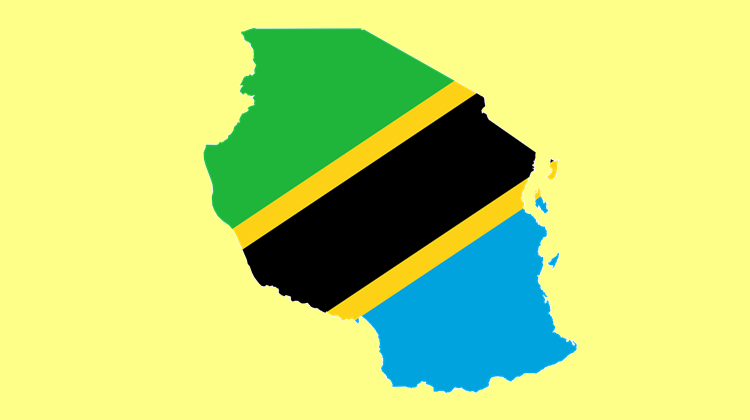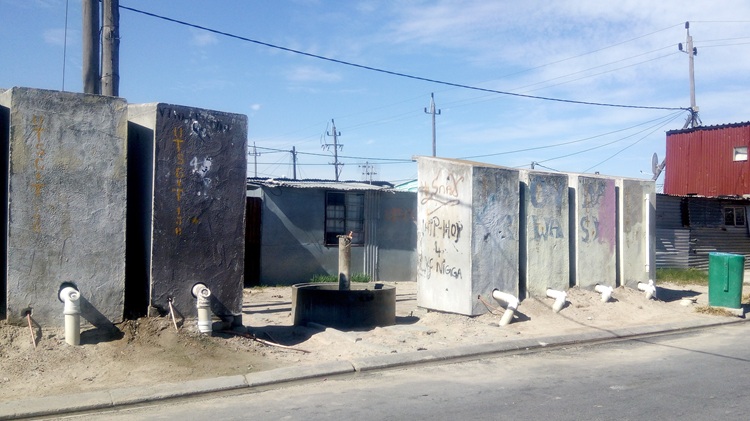A prolonged Red Sea crisis could worsen Egypt's economic challenges

Attacks in the Red Sea by Yemen's Houthi rebels pose a threat to the already embattled Egyptian economy.
Attacks in the Red Sea by Yemen's Houthi rebels pose a threat to the already embattled Egyptian economy.
Egypt is experiencing its most severe economic crisis since the 2011 revolution. This is characterised by a shortage of foreign exchange, weakening domestic currency, high inflation, capital flight, and rising government debt.
The statistics do not bode well for what was once one of Africa’s strongest economies. About a third of the Egyptian population lives below the national poverty line. The country’s debt-to-GDP ratio has increased significantly, from 69.6% in 2010 to 92.7% in 2023, while inflation stood at 33.7% by the end of 2023.
The Egyptian authorities have taken steps to address the economic crisis. These include raising interest rates to tame inflation, providing food subsidies, and expanding cash transfer programs to protect the vulnerable. In addition, a programme of support from the International Monetary Fund (IMF) seeks to assist Egypt’s gradual economic recovery by rebuilding its reserves and by growing an inclusive private sector.
Shortage of foreign exchange, weakening currency, high inflation, capital flight, and rising government debt – Egypt is experiencing its most severe economic crisis since the 2011 revolution
However, if Houthi attacks in the Red Sea persist and continue to divert ships away from the Suez Canal, rehabilitating Egypt’s economy could be delayed.
Egypt’s dependence on the Suez Canal
The Canal is a crucial passage connecting the Mediterranean Sea to the Red Sea. It handled approximately 12% to 15% of global trade in 2023, and is the mainstay of Egypt's economy. In the 2022/2023 fiscal year, the canal contributed US$9.4 billion to Egypt's economy, representing a critical source of foreign exchange earnings. Every day the canal generates up to US$30 million for Egypt through shipping fees and related services.
The attacks from Yemen's Houthi rebels on ships in the Red Sea pose a threat to a significant source of income at a time when the country is grappling with a profound economic crisis. Many shipping companies have temporarily halted Suez transits and chosen the much lengthier route around South Africa's Cape of Good Hope. Consequently, the frequency of container ship transits has sharply declined. According to IMF figures, cargo transportation through the Suez Canal was down by 35% in the first week of 2024 compared to the corresponding period the year before.
Figure 1: Suez Canal, monthly transits
Egypt lost some US$100 million in revenue in just six days when the Suez Canal was blocked due to the grounding of the container ship Ever Given.
Thus, a prolonged disruption in Suez Canal traffic is likely to present challenges to the government of Egypt as it strives to service its mounting public debt.
There is even speculation that the country may default on its international debts as a result of the crisis. Moreover, a continued decline in foreign reserves is expected to hasten the depreciation of the Egyptian pound, further accelerating inflation and depressing economic growth.
How can Egypt recover?
Egyptian authorities have previously dedicated significant efforts to secure the Suez Canal against potential threats from jihadist organisations. They must adopt a proactive stance and implement measures to safeguard the Canal. In collaboration with the United States, they could deploy military interventions against Houthi targets if the attacks persist. Egypt may also consider participating in a US-led international coalition to protect shipping traffic in the Red Sea.
Egyptian authorities must take action to safeguard the Suez Canal. With ongoing Houthi rebel attacks in the Red Sea, Egypt’s economic recovery will be further delayed
The Egyptian authorities also need to undertake structural reforms and implement policies to bolster the resilience of the Egyptian economy in the face of such crises.
The Strategic Directions for the Egyptian Economy for the New Presidential Term (2024–2030) aspire to achieve robust, inclusive, sustainable and balanced economic growth ranging from 6% to 8%.
How can Egypt realise these goals?
- Strengthen local production capabilities and non-oil exports.
- Encourage female participation in the labour market.
- Reduce barriers to formalising the informal sector.
- Embrace consistent and supportive economic policies.
ISS African Futures and Innovation research shows how determined implementation of these policies by the government could improve the country’s development prospects.
Kouassi Yeboua, Senior Researcher, African Futures and Innovation, ISS Pretoria
Image: © ANSARULLAH MEDIA CENTRE / AFP






